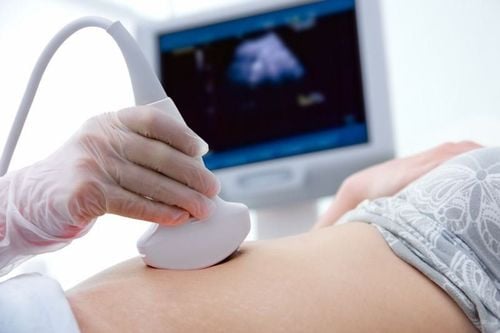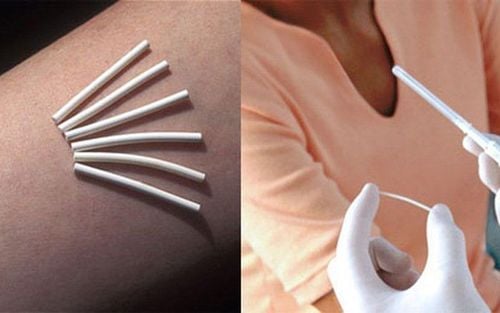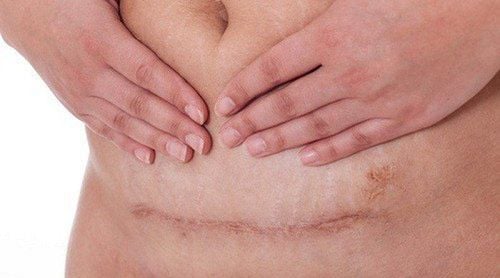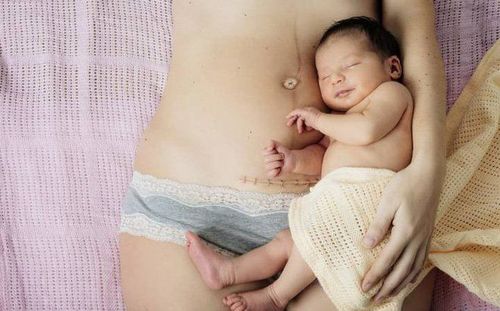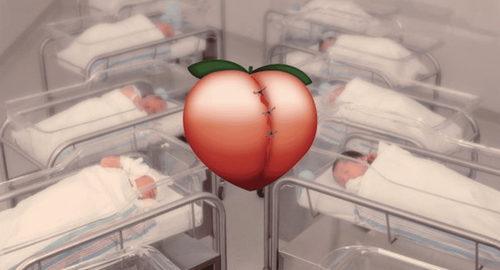This is an automatically translated article.
The article was professionally consulted by Specialist Doctor I Le Thi Phuong - Department of Obstetrics and Gynecology - Vinmec Ha Long International Hospital. Dr. Le Thi Phuong has 29 years of experience in the field of obstetrics and gynecology.Infection of the perineum, vagina, and vulva after childbirth is a common complication among obstetric complications. Pregnant women need to be alert to warning signs of postpartum infection in order to promptly diagnose and treat the disease, to avoid dangerous complications.
1. Postpartum perineal, vaginal, and vulvar infections – common complications
When a woman has a normal labor, sometimes the opening of the vagina is not wide enough for the baby's head to come out. In this case, an episiotomy is performed to help the mother deliver the baby more smoothly. This is a procedure in which a short incision is made in the area between the vagina and anus (also called the perineum) as the vagina expands to deliver a baby. It is better to actively cut it to tear the vagina. After the placenta is removed, the doctor will use anesthetic to relieve pain and stitch the perineum.
After episiotomy, pregnant women may experience pain, sutures, festering, itching,... This may be a sign of post-partum perineal infection. In addition, pregnant women are also prone to post-partum bacterial vaginosis, postpartum vulvovaginitis (an overgrowth of bacteria) due to bacterial infection during labor.
Trắc nghiệm: Bạn có hiểu đúng về dấu hiệu mang thai sớm?
Các dấu hiệu mang thai sớm không phải chỉ mỗi trễ kinh mà còn có rất nhiều dấu hiệu khác như xuất huyết âm đạo, ngực căng tức,… Điểm xem bạn biết được bao nhiêu dấu hiệu mang thai sớm thông qua bài trắc nghiệm này nhé!
2. Symptoms of infection of the perineum, vulva, vagina after birth
Warning signs of postpartum infection include:
Fever or chills; Severe lower abdominal pain; Itching of the vulva and vagina; Burning sensation, pain when urinating; Unable to control the medium; Bleeding more, blood clots; Perineum, vulva, vagina inflammation red, swollen; Perineal suture with pus; A lot of foul-smelling discharge, very painful examination;
3. Causes of perineal, vulvar, and vaginal infections after childbirth

All common bacteria such as streptococcus, staphylococcus, anaerobic bacteria, Coli bacilli,... can cause postpartum infections. They are often present in the environment, when there are favorable conditions such as when visiting childbirth, doing obstetric procedures, they will enter the body through lesions in the vulva, vagina, and perineal incisions. scrotum or area of placenta attached to the fundus of the uterus. The severity of the infection depends on the health of the mother, the toxicity of the bacteria and their antibiotic resistance depending on when the infection is detected and treated.
Factors that increase the risk of vaginal, vulvar and perineal infections after childbirth include: poor nutrition, anemia, obesity, pregnancy toxicity, premature rupture of membranes, premature rupture of membranes, fluid retention. prolonged labor, procedures such as vegetable peel, vaginal examination many times during labor, fetal monitoring by intrauterine infiltration, postpartum hemorrhage, young women,...
4. Measures to prevent infection of the perineum, vulva and vagina after childbirth
After giving birth, if properly cleaned, the perineal stitches will heal in about 2-4 weeks depending on the location of each woman. Measures to help relieve pain and prevent postpartum infections include:
Cold compresses to relieve pain, reduce inflammation. Pregnant women can apply cold compresses or ice packs to the stitches, then dry them with a clean towel; Take pain relievers prescribed by your doctor so as not to affect the quality of breast milk; Choose a sitting position that puts less pressure on the stitches or can sit on an air mattress to reduce pain when sitting; Keep the perineal stitches clean and dry as advised by your doctor, especially after urinating. Pregnant women should clean the perineum and vulva twice a day to prevent infection. When going to the toilet, wash quickly with a shower and dry gently. When wiping, wipe from front to back to reduce the risk of infection from the anus; Use a stool softener if bowel movements are painful. Should eat more fiber and drink a lot of water to limit constipation; Do not douche, use tampons or have sex until the time is approved by your doctor; Rest a lot, limit vigorous exercise to avoid harming the wound; Do pelvic floor exercises and move around regularly to help blood circulation and promote wound healing; Change tampons regularly every 4-6 hours, making sure not to hurt the stitches so that the wound is always clean, reducing the accumulation of germs, moisture and reducing the risk of infection; Should wear airy, soft underwear, wash and dry before wearing to avoid infection; Follow the scientific diet according to the doctor's instructions. In addition to following the above notes, do not forget to pay attention to the condition of the perineal stitches as well as the vulva and vagina. When the private area shows signs of redness, pain, fever, bleeding, open stitches, discharge, etc., showing signs of inflammation or infection, pregnant women should go to the doctor immediately for timely treatment. .
For women who give birth normally, tearing the perineum during childbirth not only causes pain for the mother but also affects her health later. At Vinmec International General Hospital, there is a method "Painless delivery", with this method, the mother's labor process will become lighter, helping the mother to have a gentle labor and give birth to a healthy baby.
Please dial HOTLINE for more information or register for an appointment HERE. Download MyVinmec app to make appointments faster and to manage your bookings easily.





